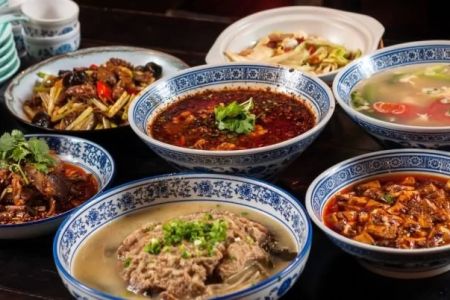- Traditional-Chinese-Cuisine-Overview
- Regional-Variations-in-Food-Across-China
- Popular-Dishes-and-Eating-Habits
- Modern-Trends-and-Food-Culture-Evolution
- Finding-Authentic-Chinese-Food-Services
1. Traditional Chinese Cuisine Overview: Foundations of What Food Do They Eat in China
When asking “what food do they eat in China,” it’s important to appreciate the deep history and complexity of Chinese cuisine. Traditional Chinese food is not a single style but rather a rich tapestry woven from thousands of years of culinary evolution. It emphasizes harmony of flavors, balance of ingredients, and a philosophical approach to nutrition. The cuisine is famous for its use of fresh vegetables, rice, noodles, diverse meats, and an array of spices and sauces that bring dishes to life.
Historically, staple foods such as rice in the south and wheat-based products like noodles and dumplings in the north form the dietary base. Additionally, food is often linked with cultural symbolism and medicinal properties, which shapes what and how people eat.
1.1 The Role of Staple Foods in Daily Meals
Rice remains the heart of many Chinese meals, especially in southern provinces like Guangdong and Jiangsu. In northern regions like Beijing and Shanxi, wheat-based foods such as steamed buns (mantou) and hand-pulled noodles dominate. These staples anchor meals and are typically paired with seasonal vegetables, tofu, and proteins.
1.2 The Importance of Flavor Balance
Chinese cooking stresses balancing the five key flavors: sweet, sour, salty, bitter, and umami. This balance is evident in famous dishes like sweet and sour pork and Sichuan hot pot, which combines spicy, salty, and numbing flavors. Understanding this flavor philosophy is essential to grasping what food do they eat in China and why it tastes so distinctively appealing.
2. Regional Variations in Food Across China: Exploring Diverse Culinary Traditions
China’s vast geography results in a mosaic of culinary regions, each with unique dishes, ingredients, and cooking techniques. When exploring what food do they eat in China, considering these regional differences adds depth to the understanding.
2.1 Cantonese Cuisine: Light and Fresh
Cantonese food, originating from southern China, is known for its fresh seafood, delicate flavors, and emphasis on steaming and stir-frying. Dim sum, a collection of small bite-sized dishes, is one of the best-known Cantonese contributions enjoyed worldwide.
2.2 Sichuan Cuisine: Bold and Spicy
Famous for its bold, spicy, and numbing flavors due to Sichuan peppercorns and chili peppers, Sichuan cuisine offers iconic dishes like Mapo tofu and Kung Pao chicken. The region’s food culture demonstrates how locals appreciate heat balanced with rich aromas.
2.3 Shandong and Jiangsu: Refinement and Technique
In northern Shandong, cuisine emphasizes hearty flavors and seafood, while Jiangsu dishes are more delicate and often sweeter, with elaborate presentation. These areas highlight China’s appreciation for technical skill and aesthetic in cooking.
3. Popular Dishes and Eating Habits: What Food Do They Eat in China Daily
Understanding what food do they eat in China daily involves more than ingredients; it includes how people approach eating as a social and cultural activity.
3.1 Common Dishes in Daily Life
Chinese families typically enjoy meals that include rice or noodles, a variety of vegetables, soups, and small portions of meat or fish. Popular dishes like fried rice, dumplings, hot pot, and stir-fried vegetables are staples in many households.
3.2 Mealtime as a Social Event
Meals in China are often shared experiences involving multiple dishes placed at the center of the table. This communal style encourages interaction and reflects values of family unity and hospitality. Even today, traditional festivals and celebrations revolve around special foods that carry historical and cultural significance.
3.3 Case Story: A Family Hot Pot Evening
For example, the hot pot dinner, especially popular in northern and western China, is more than a meal—it’s a gathering that brings relatives and friends together around a simmering pot of broth. This event showcases how food serves as a medium of connection, perfectly illustrating what food do they eat in China beyond mere nutrition.
4. Modern Trends and Food Culture Evolution: How Eating Habits Are Changing
China’s rapid modernization and globalization influence what food do they eat in China today. Urban centers see an influx of fast food, fusion cuisine, and international dining options. However, there is also a resurgence of interest in traditional recipes and artisanal ingredients, reflecting a balance between innovation and heritage.
4.1 Fusion Cuisine and New Food Experiences
Young people increasingly experiment with combining traditional Chinese ingredients with Western cooking methods. For instance, Chinese-style burgers and bubble tea have become trendy, blending global appeal with local flavors.
4.2 Growing Health Awareness
Alongside modernization, many Chinese consumers focus more on health and nutrition, driving demand for organic produce, vegetarian dishes, and low-oil cooking techniques. This trend aligns with traditional Chinese medicine principles, creating a natural synergy.
5. Finding Authentic Chinese Food Services: Where to Explore and Enjoy True Flavors
If you’re curious about what food do they eat in China and want to experience authentic flavors, visiting specialized resources can be invaluable. Our site, Chinese Food, offers a curated selection of the best products, restaurants, and food services that bring genuine Chinese culinary experiences to your doorstep or city.
Whether you seek regional specialties, traditional ingredients, or expert cooking advice, Chinese Food provides trustworthy recommendations that help you enjoy real Chinese cuisine with confidence.


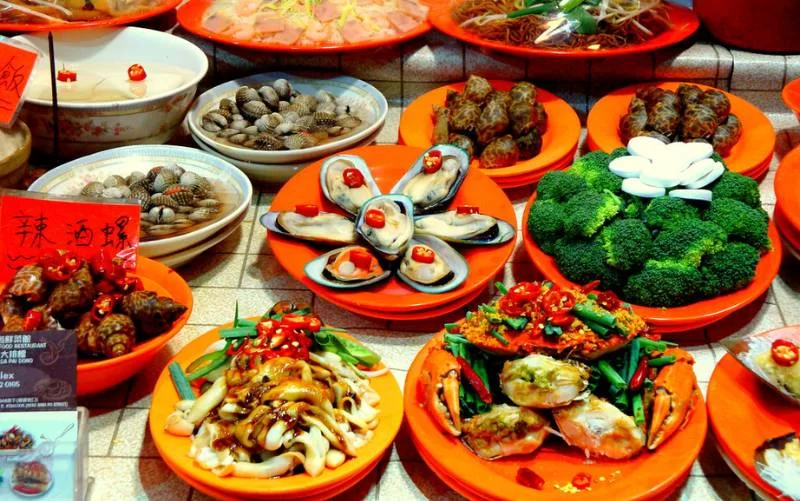
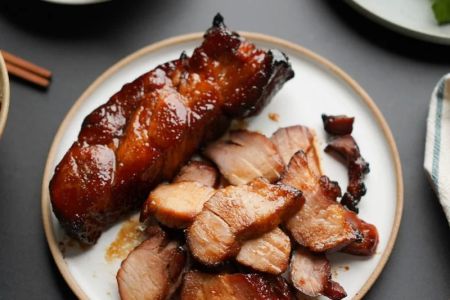
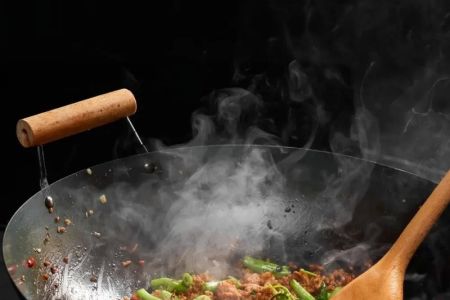
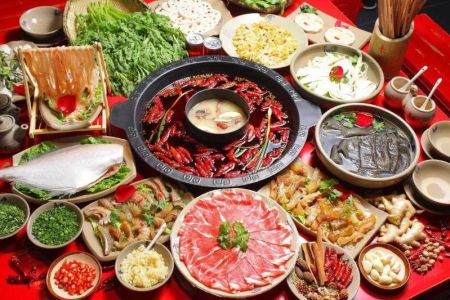
![Top Chinese Restaurants for Authentic Cantonese Cuisine in [Your City]](https://img.gochinarose.com/d33/2507/4157910400_450x300.webp)

